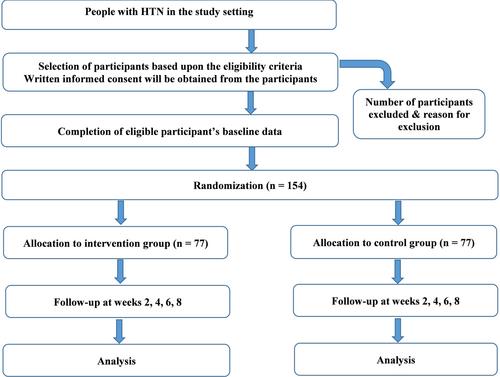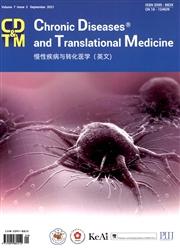Effectiveness of m-health technology-enabled physical activity program on physical activity adoption and adherence in people with hypertension in India: A randomized controlled trial protocol
Abstract
Background
Exercise and medication have similar benefits in reducing blood pressure (BP); however, hypertension management initiatives primarily focus on medicines. This is due to scarce research on the effectiveness of implementation strategies for optimal exercise adoption and adherence. Smartphones were found to be effective in delivering hypertension care and increase exercise adherence. Despite this, only a small number of research projects in India have used smartphones as a strategy for managing hypertension.
Methods
We hypothesized that smartphone application-based care would lead to higher exercise adherence among adults (30–79 years) with hypertension compared to those who receive usual care. It will be a multicentric, randomized controlled, parallel-design, superiority clinical trial. The outcome assessor and data analyst will be blinded to group allocation. Participants in the intervention group will receive mobile application-based care for 6 weeks. Participants in the usual care group will receive a standard intervention. Both groups will receive the same number of follow-ups.
Results
The primary outcome is the difference in the proportion of people adherent to the recommended level of physical activity evaluated using an exercise adherence rating scale in the intervention group and the control group. Exercise adoption will be measured as the percentage of eligible participants in each study setting willing to initiate the exercise program. The secondary outcome includes differences in systolic and diastolic BP and self-management (evaluated using the Hypertension Self-Care Profile). The trial outcome will be accompanied by a process evaluation.
Conclusions
This research will inform about the comparative effectiveness of conventional and m-health interventions for exercise adoption and adherence in people with hypertension in resource-constrained settings.


 求助内容:
求助内容: 应助结果提醒方式:
应助结果提醒方式:


